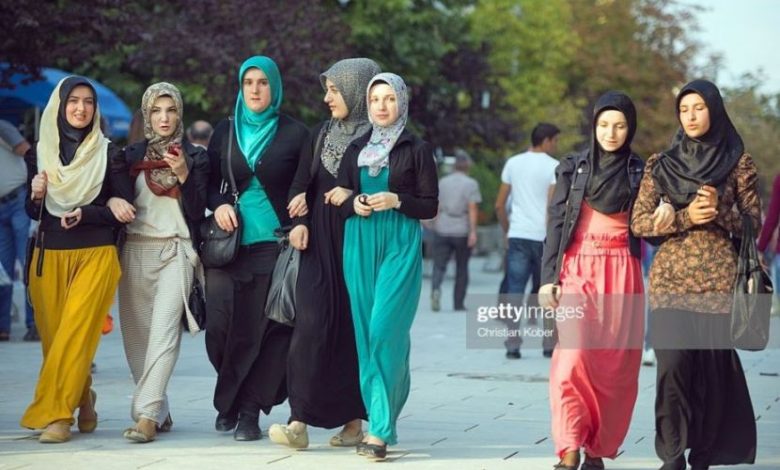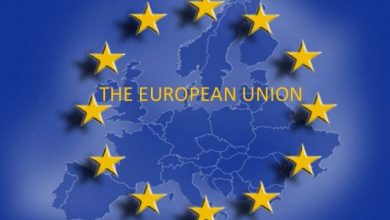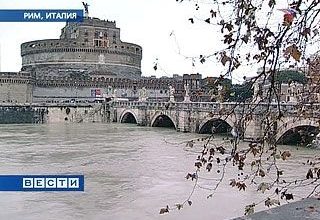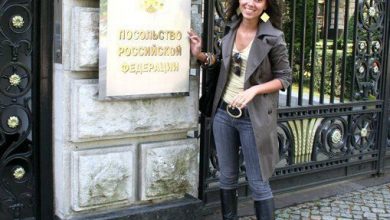Europe divided over Kosovo
6 EU member states – Cyprus, Spain, Greece, Slovakia, Romania and Bulgaria – stated that they were not ready to recognize the independence of Kosovo proclaimed by the parliament of the region in the near future. Portugal and Malta advocate that “the future of the province be decided at the level of the UN Security Council.”
According to diplomatic sources, France, Britain, Germany and Italy insist on recognizing Kosovo as unilaterally proclaimed independence. The readiness to recognize the independence of the region and establish diplomatic relations with him was announced yesterday by Estonian Foreign Minister Urmas Paet.
The issue of recognition of Kosovo is being discussed today by the Foreign Ministers of 27 EU countries gathered for a scheduled meeting in Brussels.
“The word” independence “may sound today at five or six in the evening,” Luxembourg Foreign Minister Jean Asselborn told reporters, making it clear that the discussion will be difficult.
Observers expect the ministers to “take note” of the decision of the Kosovo authorities and urge the parties to remain calm and not to escalate tensions.
It is possible that following the meeting of the head of the Foreign Ministry they will make a statement according to which the decision to recognize or not Kosovo’s independence should be taken individually by each of the EU members.
Serbia does not intend to recognize the proclaimed status of Kosovo, calling it violent and unilateral dismemberment of its territory.
The Slovenian presidency of the European Union expects that “many” of the 27 EU countries will recognize Kosovo as an independent state, Slovenian Foreign Minister Dimitrij Rupel said on Monday before the start of the meeting of the EU Council of Ministers, in which he presides.
Javier Solana, High Representative for the Common Foreign and Security Policy of the EU, called for calm in connection with the declaration of independence of Kosovo.
“I would like to urge everyone to act responsibly,” he said upon arrival at a meeting of the EU Council. “The EU has already decided to send a mission of stability to Kosovo, a mission of the rule of law. It should promote stability in the Balkans,” Solana emphasized.
European Commissioner Olli Rehn, responsible for EU enlargement, said Kosovo was a unique case and could not serve as a precedent for separatist regions in other countries. He welcomed the promises of Kosovo leaders to respect minority rights in accordance with the plan of UN Special Representative Martti Ahtisaari.
Diplomats and experts on the sidelines of the EU Council expect the four largest EU countries (Germany, France, Britain, Italy), as well as the United States, to declare Kosovo’s independence on Monday evening. The intentions of other EU members are so far less clear.
The Dutch Foreign Minister Maxim Verhagen, answering a question from the press when the Hague does this, advised not to rush. “Recognition does not require haste,” he said. “We will study the constitution, study the declaration of independence.”
Danish Foreign Minister Per Stig Moller expressed the hope that the EU will agree on a common platform of its relations with Serbia and Kosovo, although the decision on recognition remains with each individual country. Commenting on Russia’s position on this issue, he noted: “It is very, very important that Serbia is aware that it will not become part of Russia, but can become part of Europe.”
Not all EU countries support the decision of the Albanian region of Serbia. Spain does not recognize the independence of Kosovo. This was stated by Foreign Minister Miguel Angel Moratinos. He was the only one of all the EU foreign ministers to clearly state his country’s position on Kosovo’s independence ahead of the meeting of the foreign ministers of 27 community countries in Brussels.
“Our government will not accept a unilateral act,” he said. “We believe that this violates international law.”
Spain takes seriously the unprecedented nature of the declaration of independence of the region without the sanction of the UN Security Council and fears that the separatist-minded Basque Country may follow this example.
In addition to Spain, Greece, Cyprus, Slovakia, Romania and Bulgaria constitute the EU’s internal opposition to the recognition of Kosovo.
It is expected that at a meeting of the EU Council, ministers will adopt a statement in which they will take note of the declaration of independence of Kosovo, undertake to act in the interests of stability in the region, confirm the “European perspective” for the entire region of the western Balkans, which apart from Serbia and Kosovo includes Croatia, Bosnia and Herzegovina, Montenegro, Macedonia and Albania. The “European perspective” means that, sooner or later, these countries will become EU members.
This post is also available in:
 English
English  Русский (Russian)
Русский (Russian)






